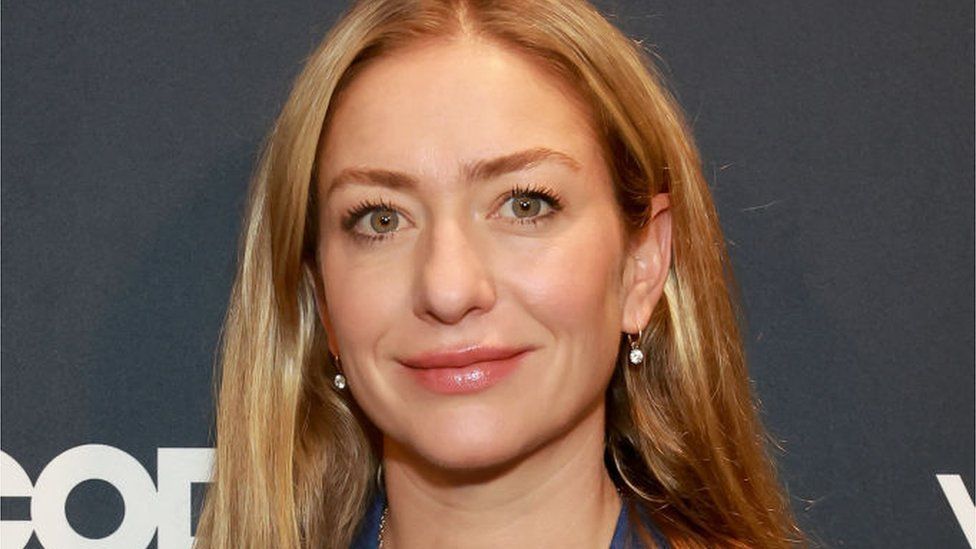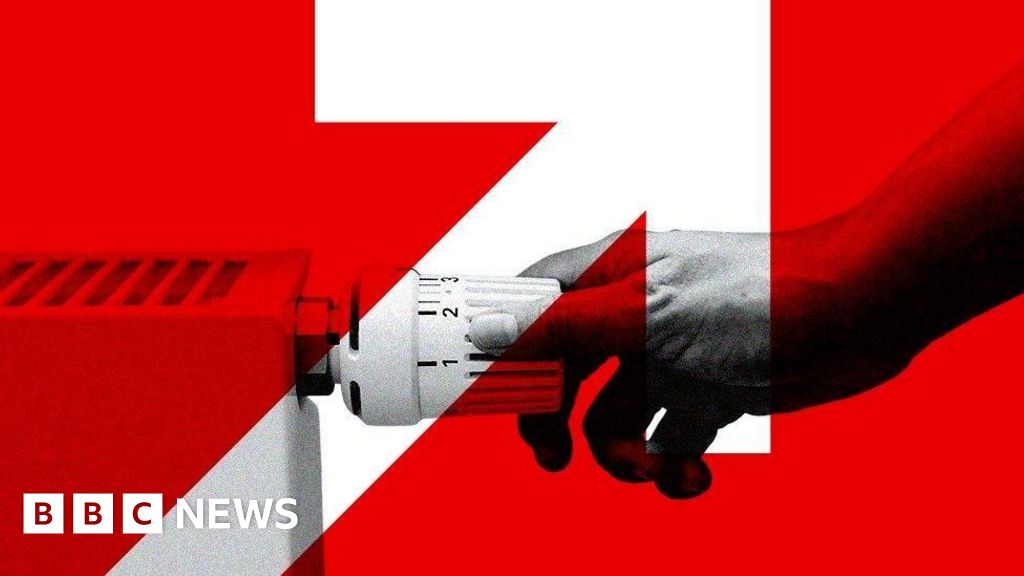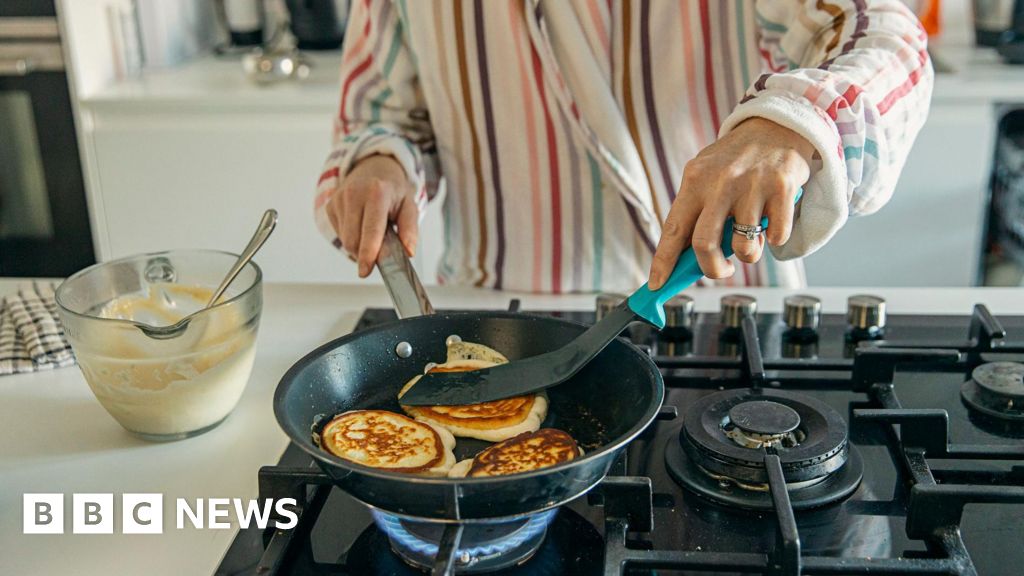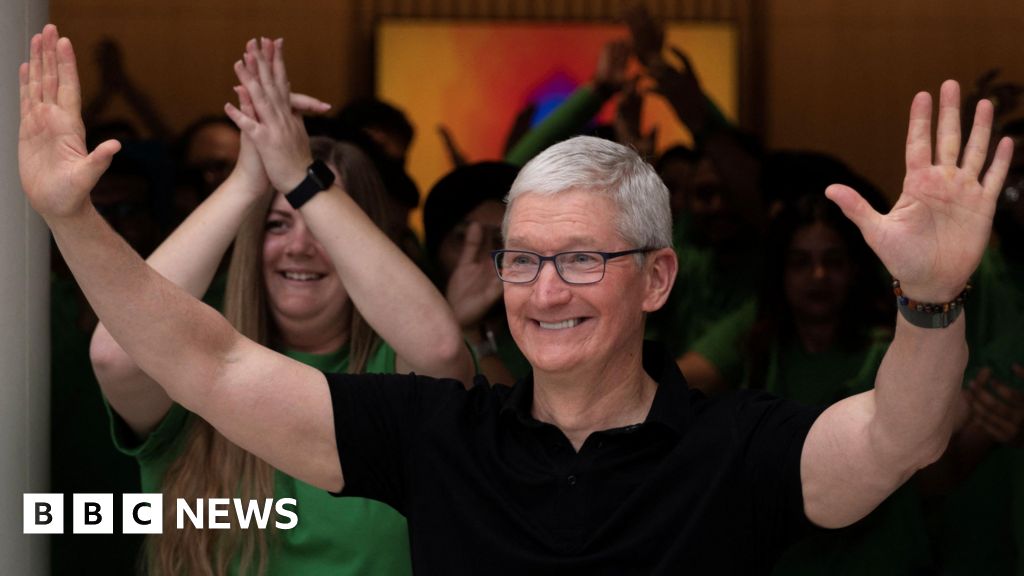ARTICLE AD BOX
 Image source, Getty Images
Image source, Getty Images
The founder and chief executive of one of the biggest dating apps in the world is stepping down after nearly 10 years in charge.
Whitney Wolfe Herd, who created the company in 2014, will become Bumble's executive chair.
In an interview with the Wall Street Journal, Ms Wolfe Herd said she wants to "innovate for the future of Bumble Inc and to take us 10 years ahead".
She will be replaced by Slack boss Lidiane Jones, who starts in January.
The 34-year-old Ms Wolfe Herd became the world's youngest self-made female billionaire when she took Bumble public in February 2021.
She created the company in 2014, and differentiated the app to rivals by putting women in control of interactions.
Ms Wolfe Herd has said she was inspired to create a platform where women "make the first move" by her frustration with archaic gender norms controlling dating.
Unlike most dating apps, only female users can make the first contact with matched male users, while in same-sex matches either person can send a message first.
Just after its flotation, Bumble's shares hit a high of $75 but have since tumbled and, following the announcement that Ms Wolfe Herd is stepping down, they dropped to an all-time low of $12.77.
Match Group, Bumble's rival which owns Tinder and Hinge, has also seen its share price drop in that time.
Ms Jones is taking over as the boss of Bumble. She has been chief executive of Slack, an instant messaging platform popular with workplaces, since January 2023.
Before that, she worked at Slack's parent company Salesforce and Microsoft.
Ms Jones told the Wall Street Journal that she will be focusing on using AI at Bumble.
"AI can play such a big role in accelerating people finding the right person, finding the right friends and the right community," she said.
Image source, Getty Images
Image caption,Lidiane Jones spent over a decade at Microsoft
Before Bumble, Ms Wolfe Herd was among the founding team at Tinder but after tensions with other executives - one of whom she had been dating - she left. Shortly after, she launched a sexual harassment case.
Tinder's parent company, Match Group Inc, denied the claims but paid around $1m (£810,000) to settle the dispute.
CEO Secrets (2017): Bumble founder Whitney Wolfe says don't take yourself too seriously

 1 year ago
42
1 year ago
42








 English (US) ·
English (US) ·